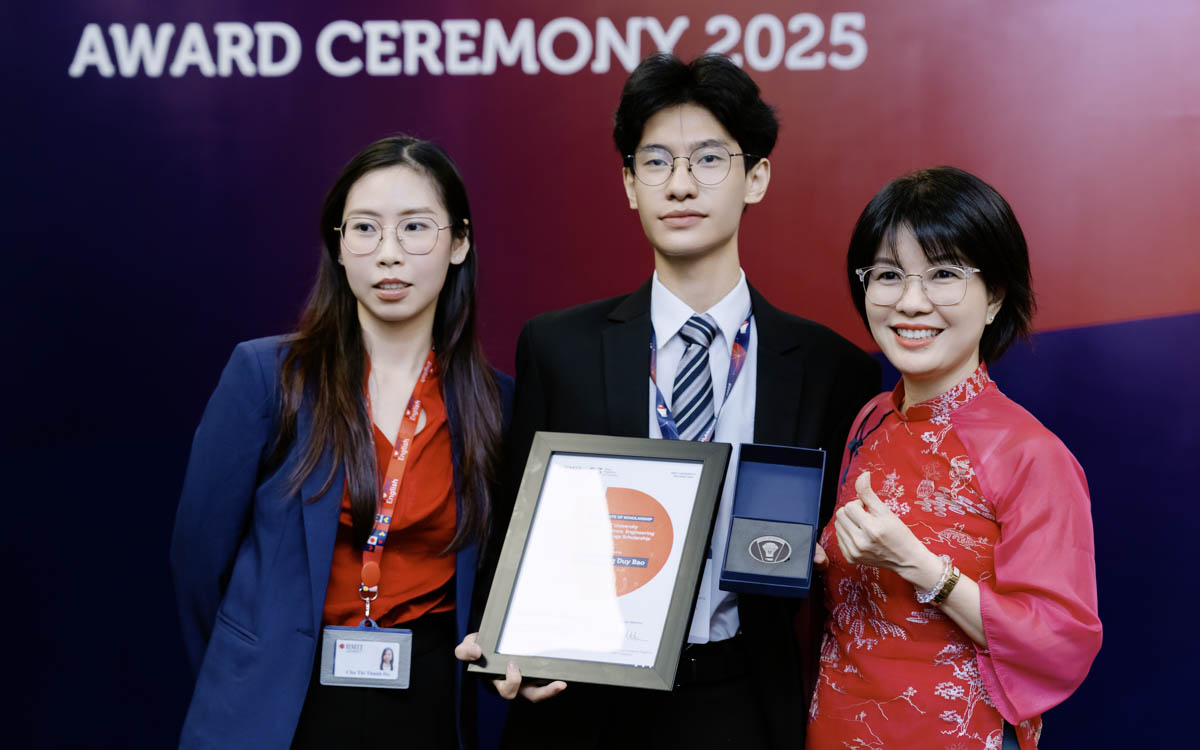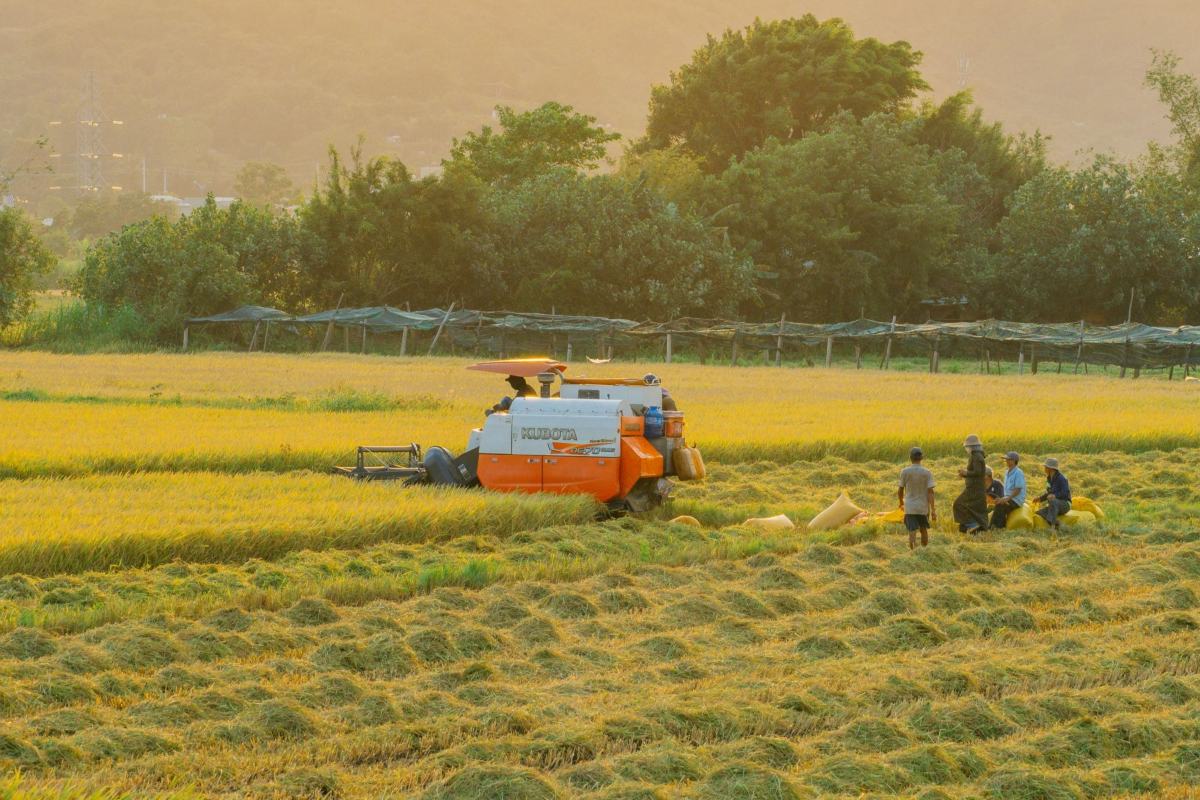Vietnamese students soar at global creative awards
RMIT University Vietnam students started 2026 strong with top honours at major creative competitions in Singapore and the UK, once again spotlighting the strength of Vietnamese creativity on the world stage.
Affiliate marketing boom sparks intellectual property and trust concerns
The explosive growth of affiliate marketing across social media and e-commerce platforms is exposing significant legal and ethical risks, according to experts from RMIT Vietnam.
RMIT and Vietrade sign MoU to boost Vietnam’s global competitiveness
Under the MoU, both parties will collaborate to enhance Vietnam’s enterprise competitiveness and national branding efforts in domestic and international markets.
High-emission sectors face reckoning as EU carbon tax takes effect
Hidden costs in the supply chain could price some Vietnamese exporters out of Europe.
Leadership capability at the heart of Vietnam’s SME growth agenda
A UN Women-RMIT partnership is helping advance leadership capability and support Vietnam’s SME development agenda.
National communication strategy to promote “Vietnam: The Healing Land”
Amid the growing global demand for healing tourism, Vietnam is presented with a historic opportunity to position its national image and leverage soft power through wellness tourism.
RMIT Vietnam announces record 2026 scholarships worth more than 200 billion VND
RMIT Vietnam continues long-term commitment to talent development with its record 2026 Scholarship program worth more than 200 billion VND.
Mekong Delta at a crossroads: Land loss and livelihood shifts
Climate and economic pressures are transforming Vietnam’s Mekong Delta, forcing millions to rethink their future as land inequality deepens and farming landscapes shift.
Vietnam’s economy amid the global shift towards risk-taking for growth
As the global economy enters a phase of looser regulation and higher risk tolerance during 2024–2026, Vietnam is facing significant opportunities. However, these come with structural challenges, according to Dr Chu Thanh Tuan from RMIT Vietnam.
















